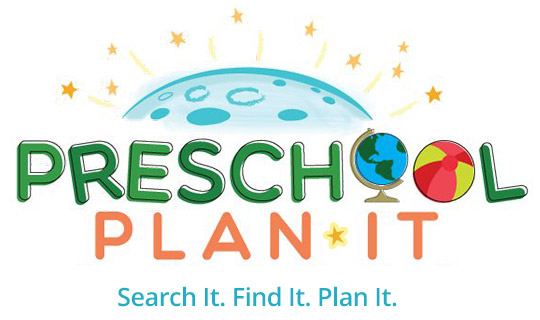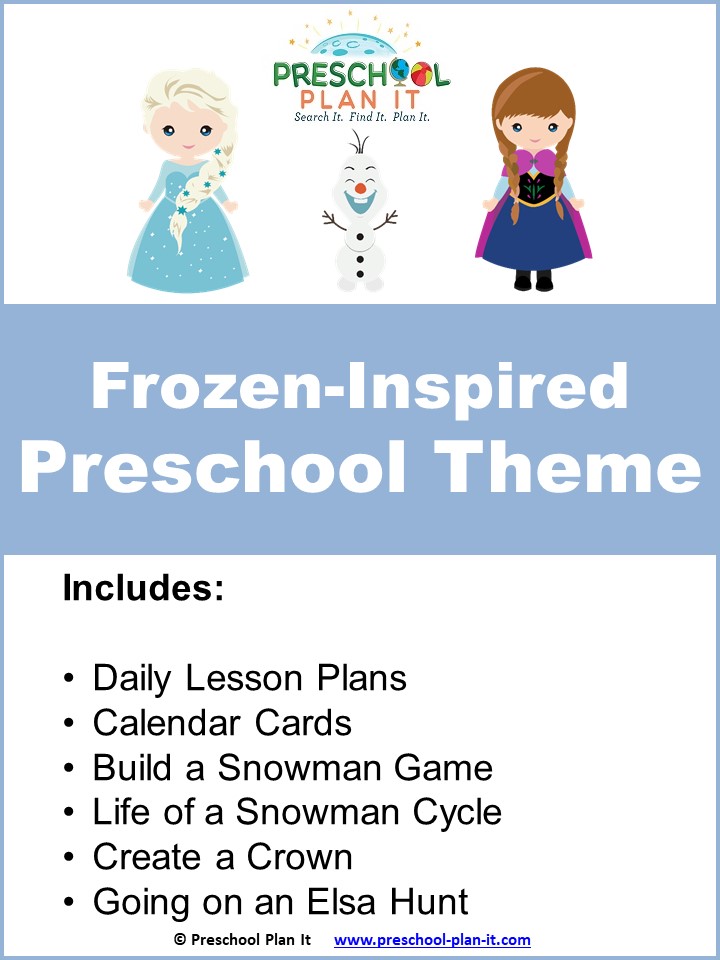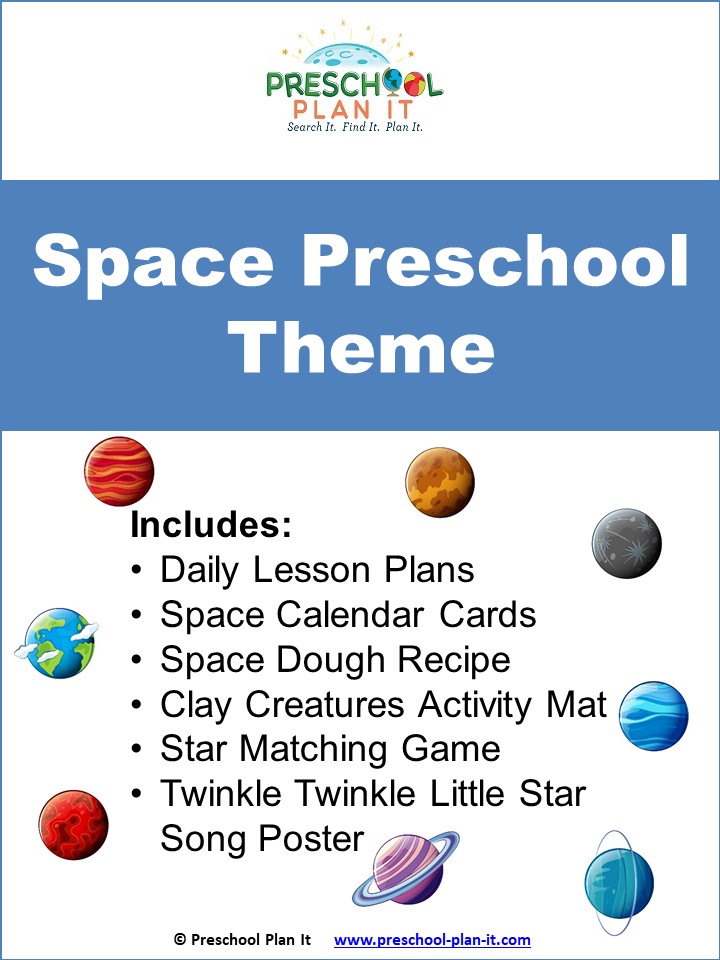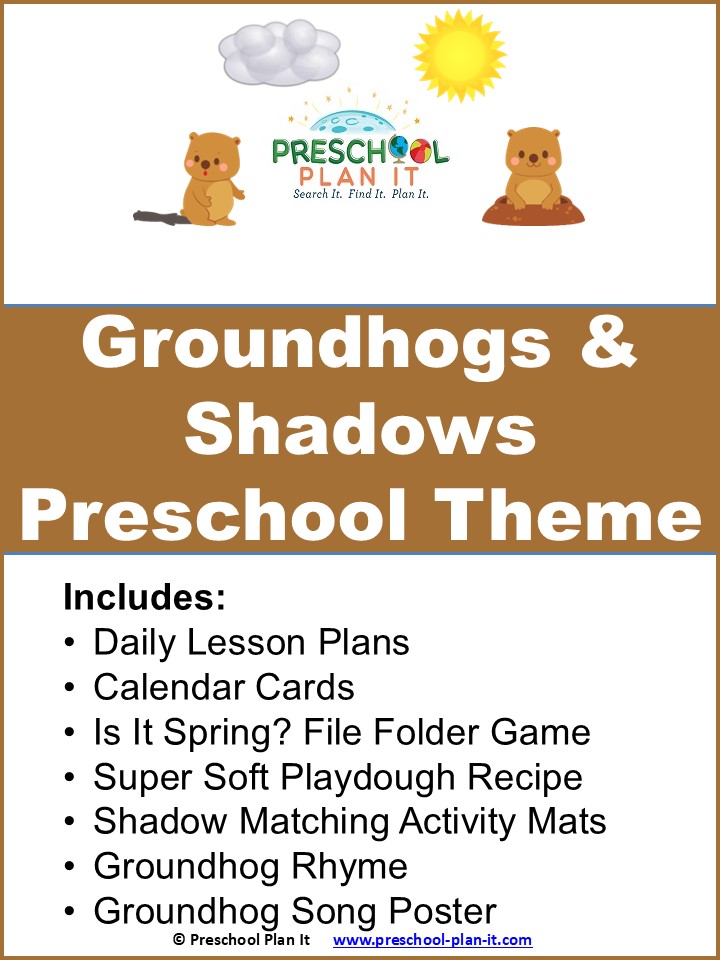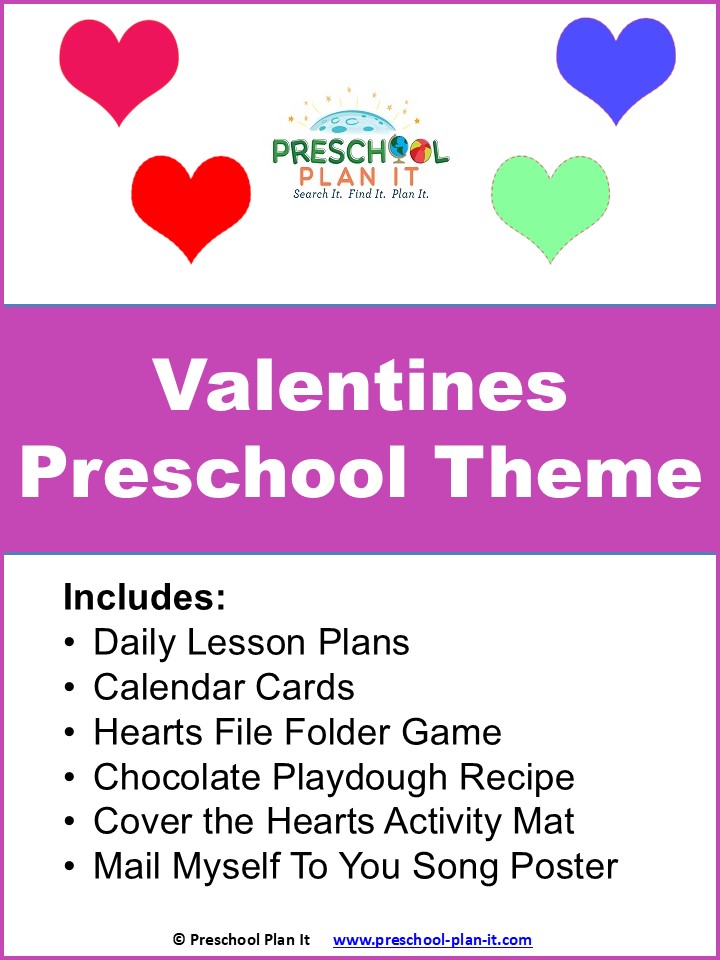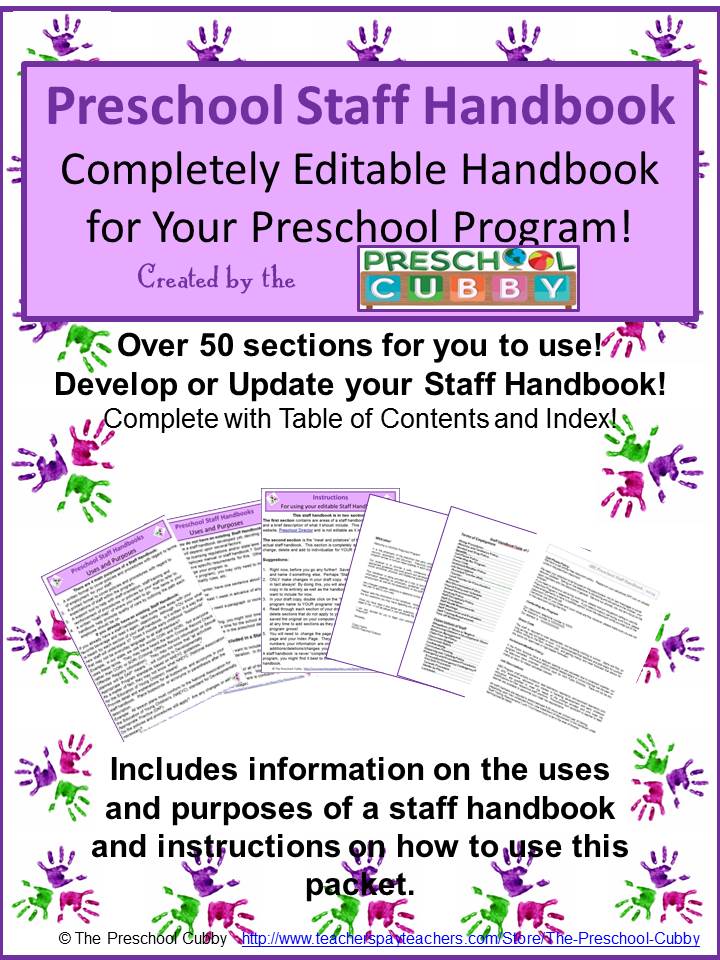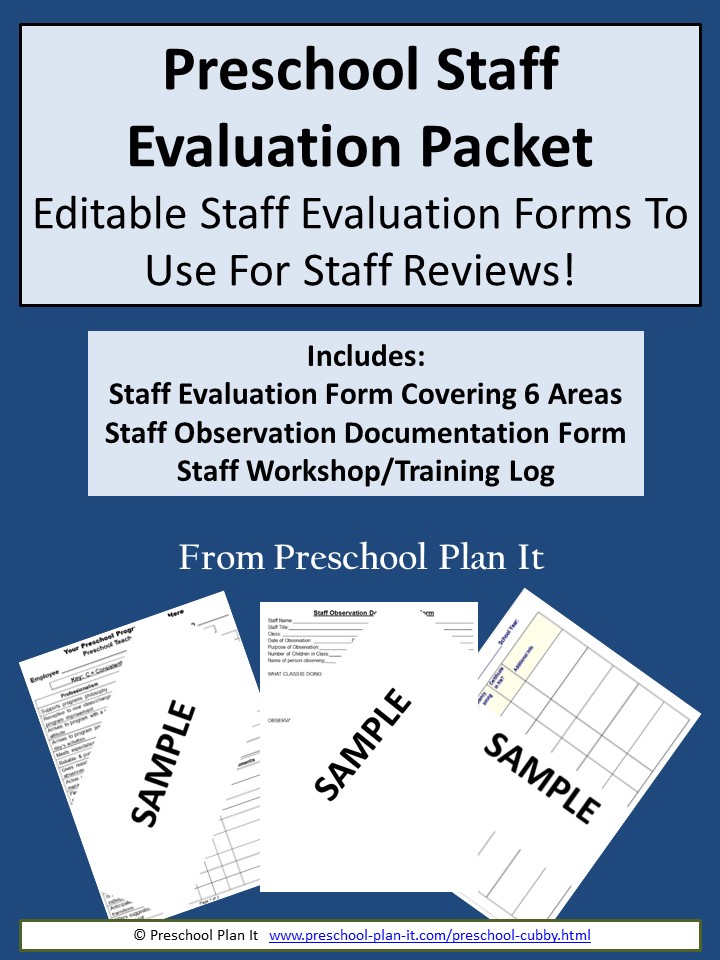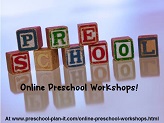- Theme Packs
- Themes
-
Preschool Planning
- Preschool Teachers
Language Development in Preschoolers

Our preschoolers language development and all areas of growth and development, can happen at different ages and at different speeds.
What if you suspect that there more than an individual growth and development progression going on with a particular child?
The Importance of Language and Speech Development in Later Learning

According to the National Institute for Literacy, 1/3 of all American 4th graders read so poorly that they can not complete their school work successfully.
They further state that there are precursers that build the foundation to children's later growth and ability to decode and comprehend text, to write and to spell.
Preschool can provide our children with the important foundational skills needed to offer a path to improving their overall achievement at later ages.
The Basics: What Language Development Is
When we typically think of a child's ability to speak aloud, clearly and understandably. However, this is only one area of language: Speech.
There are many more aspects to this area than speech.
It is best described as the process by which people come to understand and communicate language.
Children develop language very rapidly from birth to age five. All children go through the same stages, or sequence, of language and/or speech development.
The stages of development in this area are the same among for children (barring a language disorder).
The age and the pace that each child reaches each milestone in this area of development, however, can vary greatly.
As early childhood educators, we need to be aware of this and not have language expectations for one child based on the the language achievements of another.
Rather, we should be aware of the stage of development that each child is currently in and plan based on that knowledge.
It is very common for parents to ask us about their child's language development.
They may be concerned that their child still uses "baby talk" when their niece does not.
They may be concerned that their child says "fog" instead of "frog", even though his brother could say "frog" when he was a year younger than this child.
They may ask you "Is my child behind?". "Should I have my child evaluated?" "Do you think my child has a delay or disorder?"
It is important, in these situations and conversations, to address the following with parents.
1. Let them know that All children go through set stages of language development, but they do so at very different paces and ages.
2. Let them know WHAT the stages are and in what order they happen.
3. Let them know that there can be a 6-8 month window of development.
4. Let them know where their child is in this area of development.
5. Most importantly, DO NOT DIAGNOSE THEIR CHILD.
Let them know that you are an Early Childhood Educator, and therefore know about the ages and stages of preschool growth and development.
Let them know that in order to determine if there is a any type of delay or disorder, that determination needs to come from a specialist.
For example, if little Joey does not sit still at group time and does not stay on task for follow directions, don't jump to the conclusion that there is a delay. Observe the child over time and then address any concerns with parents:
Talk with the parents and ask if they notice this at home. The parents may say they do notice it at home as well. They tell the teacher that at home, when he doesn't listen, he gets yelled at and then he ends up crying as though he doesn't understand what he did wrong.
You can then encourage the parent to make an appointment with the pediatrician.
You should also have written observations of what happens during group time and instruction time and give this to the parent to take to the doctor's appointment.
It is important that you are aware of what to expect from each age before determining that there is a concern to begin with.
It is important that we are addressing concerns with parents; we just need to be sure to give them clear and appropriate information.
Related Articles You May Be Interested In:
Go to Preschool Plan It's Home Page


Hey there! Welcome to Preschool Plan It! I’m Cheryl, a preschool teacher of over 20 years.
I KNOW, I know, you spend hours of time developing your preschool themes, activities and preschool lesson plans each week. You are commited to planning preschool themes and activities that are engaging hands-on, interactive, fun AND meet the goal of supporting each child’s level of growth and development.
I am commited to providing you, the preschool teacher, with everything you need to develop preschool lesson plans and preschool activities for your classroom all in one place!
READ MORE
Join My Free Preschool Teacher Tips Newsletter
You’ll receive a weekly email with planning tips and teaching ideas.
You'll also receive (on the 1st of each month) a free theme starter pack with some printables and activity ideas to get you started planning a theme!Join Now and Get Your First Theme Right Away!
© Copyright 2010-2025 Preschool-Plan-It.com | All Rights Reserved | Privacy Policy & Disclaimer
- Preschool Teachers
